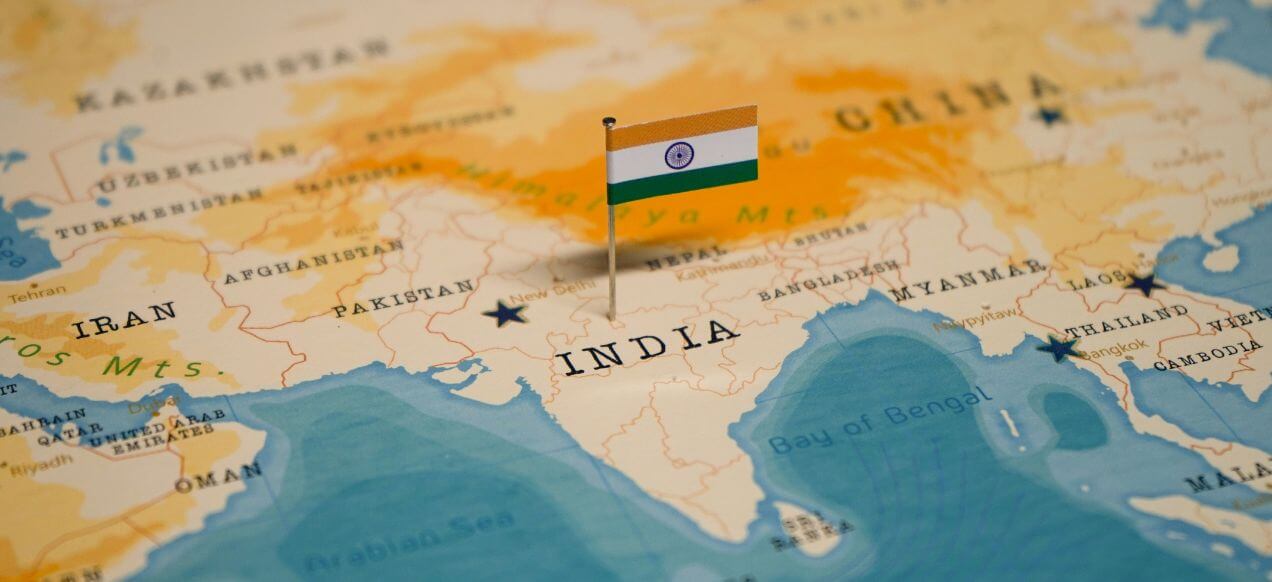
Pharmaceutical Compliance Congress 2025
March 24th, 2025
View
Consero’s Chief Ethics & Compliance Officer Forum
March 6th, 2025
View
TDI Promotes Eliza Ehrlich to Partner
January 29th, 2025
View
Due Diligence & Strategic Advisory for Australian Energy
December 2nd, 2024
View
Pre-acquisition Due Diligence on Mining Asset in Western Australia
November 7th, 2024
View
TDI Appoints Jay Truesdale as New CEO
October 31st, 2024
View
Investigative Due Diligence and Risk Intelligence in Egypt
September 19th, 2024
View
Market Entry And Geopolitical Assessments In Africa
August 5th, 2024
View
Marc Eigner Joins TDI as Board Member
July 2nd, 2024
View
Managing Compliance Risks In Europe And The Americas
June 12th, 2024
View
Due Diligence In South Asia
May 21st, 2024
ViewSign Up for Regular Updates on Industry Trends and New Research:
By signing up for our newsletter, you are consenting to receive periodic news from TDI. You can unsubscribe at any time by clicking the link at the bottom of our emails.
Trusted advice for your most complex problems
TDI combines deep expertise and industry-leading software to help clients successfully manage risk. Contact us to find out more.

